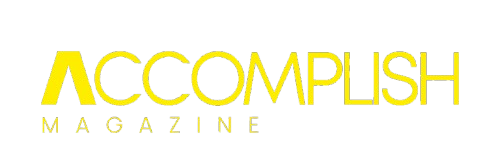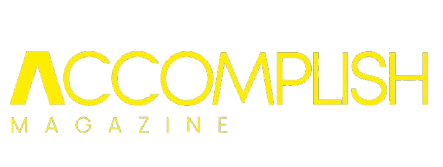Nigeria’s Economy & The Prohibitive Cost of Doing Business
Nigeria, known as Africa’s largest economy and home to an immense entrepreneurial spirit, struggles with a significant obstacle: the prohibitive cost of doing business. For companies navigating the country’s vast economic potential, the challenges are daunting, ranging from unreliable infrastructure to burdensome taxation, erratic power supply, and pervasive inefficiencies.
These challenges not only deter foreign investors but also cripple local enterprises, putting immense pressure on their survival and growth. Electricity costs remain one of the most pressing issues. With over 85 million Nigerians lacking access to grid electricity – making Nigeria the largest energy deficient population in the world – businesses resort to self-generation.
The Manufacturers Association of Nigeria (MAN) disclosed that its members spent a staggering N144 billion on alternative power in 2023. This expense represents an insurmountable burden for small and medium-sized enterprises, which comprise 96 per cent of businesses in the country, often leading to reduced profitability or outright collapse. Consistent power supply remains elusive, and until this changes, the cost of self-generation will continue to weigh heavily on the business landscape.
Transportation and logistics also add to the financial strain. According to the Federal Ministry of Works and Housing, an estimated 60 percent of Nigeria’s road network is in poor condition, so businesses face significant delays and inflated costs when transporting goods.
Nigeria’s ports further exacerbate the issue. Lagos ports, handling about 80 per cent of imports and exports, are notorious for delays caused by congestion and inefficiencies. It can cost as much as $4,000 to move a single container from Apapa Port to a warehouse in Lagos, compared to just $285 in neighbouring Ghana. Such burdensome costs erode profit margins and reduce Nigeria’s competitiveness in regional and global markets.
The taxation system is another source of frustration for business owners. With over 150 taxes and levies imposed across federal, state, and local levels, the system is both cumbersome and costly. The Nigerian Investment Promotion Commission (NIPC), highlights how overlapping tax regimes create confusion and discourage compliance. The World Bank estimates that Nigerian businesses spend an average of 343 hours annually trying to meet tax obligations, well above the regional average of 280 hours. Coupled with corporate tax rates as high as 30 per cent, businesses are left with limited resources to reinvest in growth and innovation.



Leave a Reply